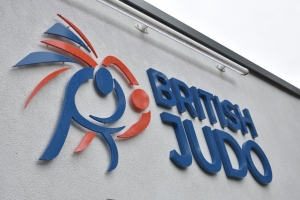Liz Behnke is a specialist safeguarding in sport consultant. She is currently the national lead safeguarding officer for British Fencing and British Taekwondo.
Safeguarding, ‘surely that is not something that concerns me?’ I hear you say. Safeguarding is everyone’s responsibility and something that we should take seriously. Having a well safeguarded club that protects adults as well as children under 18, means that you have thought about possible risks, and how they could affect your judo club and its members. Most importantly though, it sends out a strong message that you care about people in your judo club. Think, if a new beginner at your club sees this approach in action they will be more likely to join and keep coming back.
Safeguarding is a diverse area and a very rewarding one. By following my five tips below and thinking about what you actually do at your judo club and where your weaknesses are you can improve the safeguarding standards of your club significantly.
So here are my top 5 safeguarding tips:




